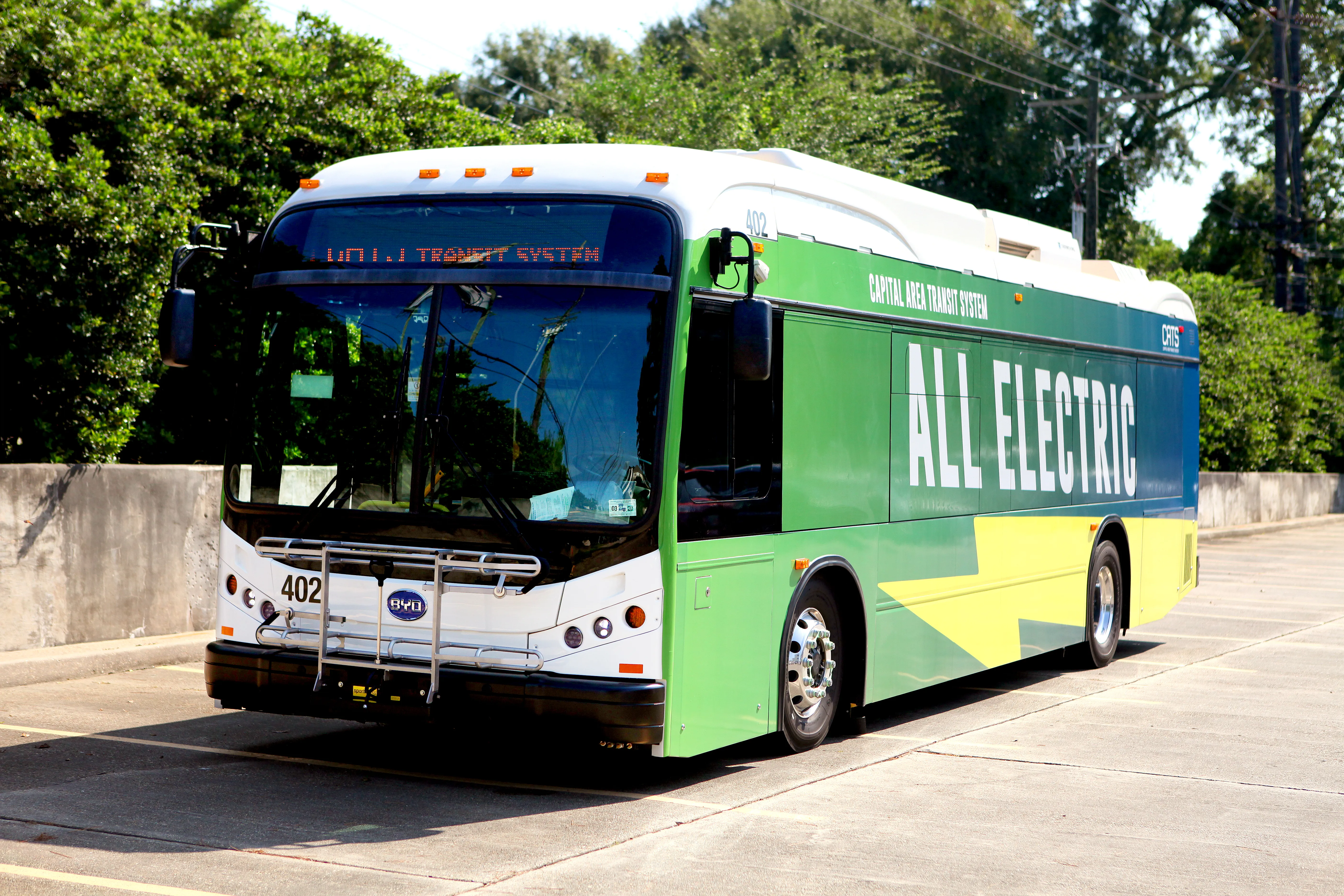A special panel, the Transportation Funding Task Force, which includes legislative leaders and others, is about to launch a study of ways to boost state aid for Louisiana's often-criticised road and bridge system.
"There is not a legislator across the state that does not have some kind of issue with getting a project done, starting a project, finishing a project," said state Representative Karen St Germain, chairwoman of the House Transportation Committee and a member of the panel.
St Germain said that, unlike previous road funding studies and bills that went nowhere; this one comes amid a widespread public outcry about road conditions.
The study comes at a time of both highway improvements, including in the Baton Rouge area, and a US$12 billion backlog of road and bridge needs.
However, the Baton Rouge area is considered ground zero for motorists' complaints, including heavy congestion on and near the Interstate 10 Mississippi River bridge.
State Senator Robert Adley says one aim of the study is "to try to get everyone to understand how serious the problem is and how far behind we are." Part of the problem, he said, is that few taxpayers realize how much money is diverted from the state's Transportation Trust Fund, the key source of road and bridge aid.
He has complained that US$60 million of state gasoline tax revenue yearly helps fund State Police at a time when the state cannot come up with at least US$70 million a year for road preservation.
State panel looks for ways to fix roads
A special panel, the Transportation Funding Task Force, which includes legislative leaders and others, is about to launch a study of ways to boost state aid for Louisiana's often-criticised road and bridge system. "There is not a legislator across the state that does not have some kind of issue with getting a project done, starting a project, finishing a project," said state Representative Karen St Germain, chairwoman of the House Transportation Committee and a member of the panel.
September 4, 2014
Read time: 2 mins










